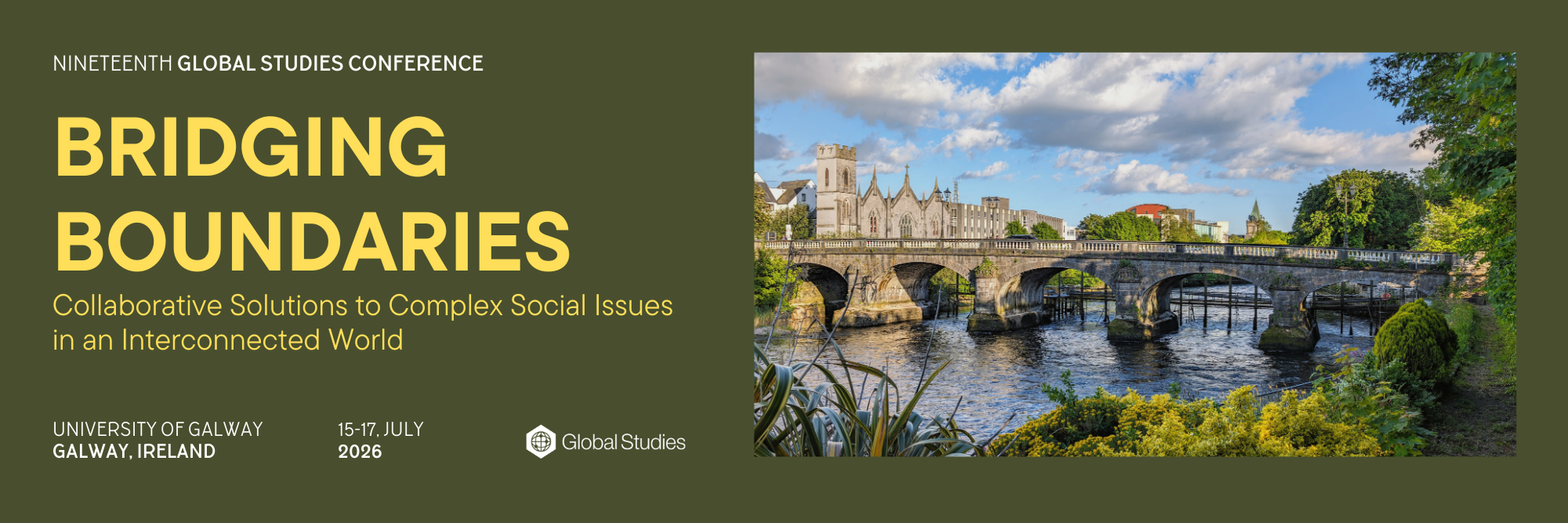Abstract
The global rise of right-wing, anti-democratic, and anti-liberal governments has become a significant trend, with Nigeria exemplifying this shift towards “soft authoritarianism.” Despite the country’s transition to civilian rule in 1999, Nigeria’s democracy has been gradually undermined, increasingly reflecting characteristics of authoritarian governance. This phenomenon, mirrored in nations such as Poland, Hungary, India, Brazil, and Turkey, involves democratically elected leaders systematically eroding liberal institutions through subtle manipulations of the electorate, as highlighted by social anthropologist Shalini Randeria. This paper critically examines the infiltration of authoritarian practices into Nigeria’s democratic institutions, focusing on the erosion of civil liberties, manipulation of political processes, and suppression of dissent that collectively create a façade of democracy. This study explores the pivotal role of academia in resisting this authoritarian drift. It delves into the influence of scholarly work and intellectual discourse, referred to as “Voices on Ink” in challenging and critiquing these authoritarian practices. Through an analysis of academic contributions, including articles, books, and public statements, the research uncovers the strategies to be employed by Nigerian scholars to promote democratic resilience and political accountability. The study examines the impact of these scholarly efforts on public discourse, policy-making, and civil society mobilization. It also addresses the challenges faced by academics in an environment where freedom of expression is increasingly under threat. Conclusively, this paper underscores the crucial role of academia as a defender of democratic values and a catalyst for political change in Nigeria, advocating for the preservation of intellectual freedom in the fight against authoritarianism
Presenters
Philip EgbuleLecturer/Researcher, Department of Social Science Education, University of Delta, Agbor, Nigeria
Details
Presentation Type
Paper Presentation in a Themed Session
Theme
KEYWORDS
Authoritarian, Academia, Democracy, Global North, Global South

